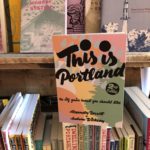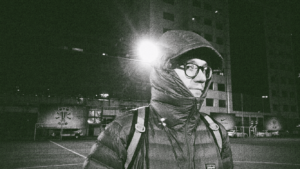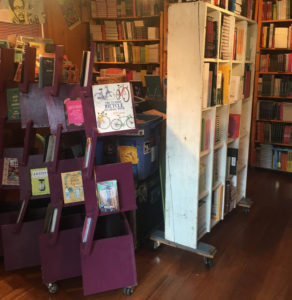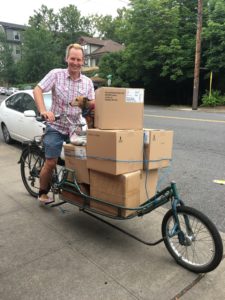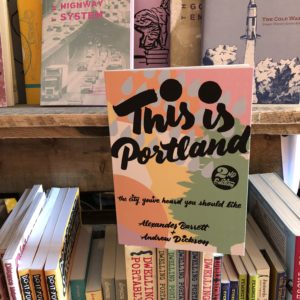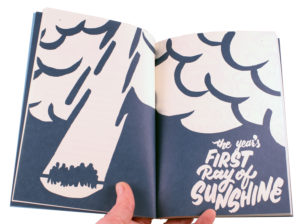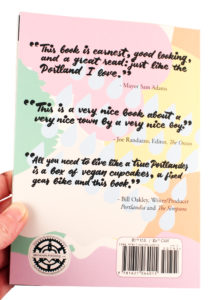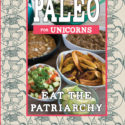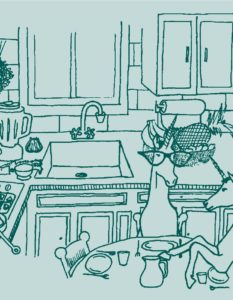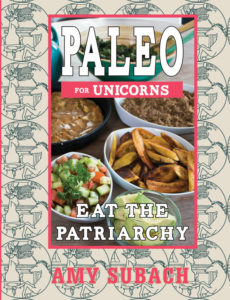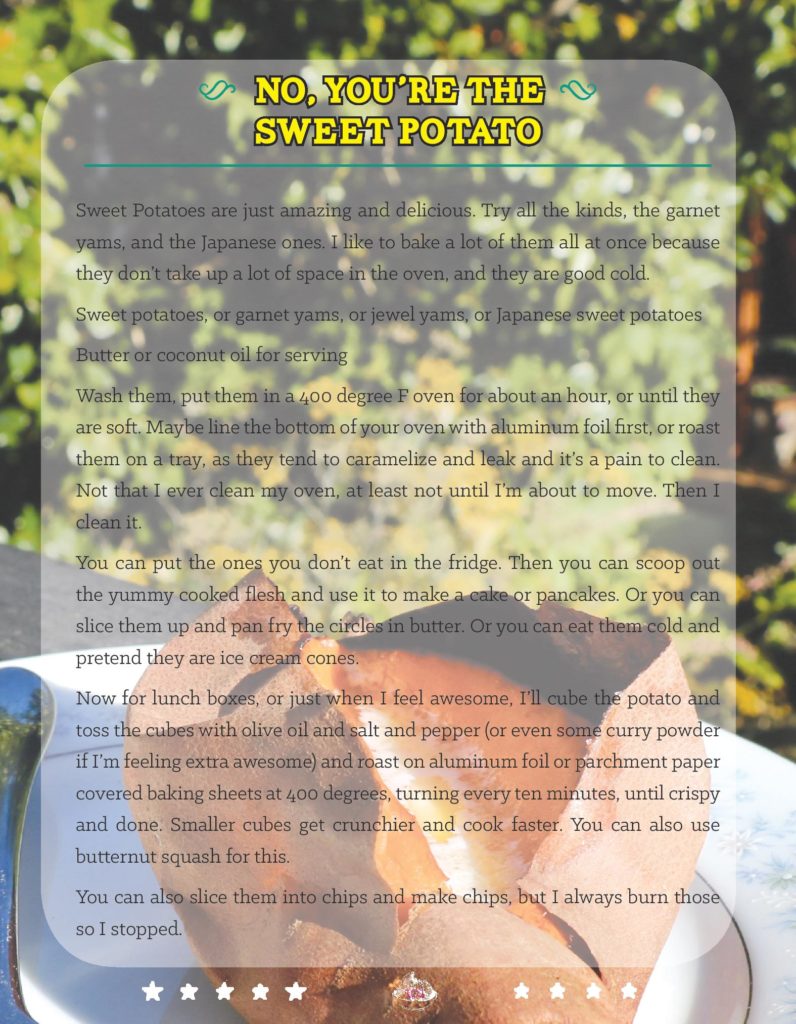A Day in the Life, last day edition
This piece was written by our wonderful intern Kedi on her last day at Microcosm. We asked what she’d enjoyed about her time at Microcosm, as well as what she didn’t. Her response is quite charming and passionate, like her. Find Kedi and follow her work on twitter.
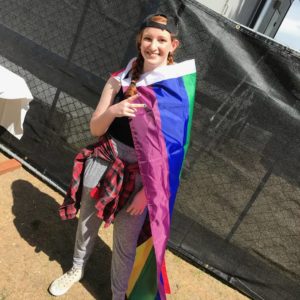
Hanging out at PRIDE
My internship with Microcosm Publishing began on June 4th earlier this summer, and my final day, August 10th, has officially caught up with me. That’s 10 weeks for those of you who weren’t counting, or, in internship measurements, 249.07 hours. And yes, I am the type of person to measure hours in hundredths of a decimal.
There are a lot of things I’d say I’ve learned over the course of my internship, though I’m not sure I could exactly say what those things are. I think this might be the easiest to express: there is a difference between liking something and thinking it’s a fit. There are certainly lovely and well-written zines and books out there in the world waiting to be published that will never fit with Microcosm. There is a humor and an energy in Microcosm that is missing in a lot of things. I’ve also learned that there are times where someone can be slow and take their time to make sure a project is finished with the utmost care, but also times where smaller details must be let go in the wake of an oncoming due date.
I’ve learned that the people working at Microcosm enjoy working here, and that they each have a level of dedication that keeps them all pushing forward on their projects, whether they come to the office or not. Most days, of the fourteen people who work here, I’ve seen four or five. Sometimes there were as little as two people in the office, besides the interns. Following that, I’m certain I’ve learned almost nothing of any of them. I’m positive there’s at least three people who work here that I’ve never actually met. But even of the ones I have met, the only last names I know are Joe’s and Elly’s. That being said, I’ve learned that the people working at Microcosm are kind and patient and fun. No one has gotten frustrated with me for asking too many questions (or at least no one who showed it), no one has acted as though I am “just” an intern, and not only do they ask for my ideas and my opinions, they listen. They follow through and dig deeper to see what could work. They also work to keep me included. What I have learned of the people who worked here, I learned from the times they invited me to have lunch with them, or the from game night the company hosted. I think my favorite memory of Microcosm will be when my manager Sidnee and I left the office in the middle of the day to meet Cyn, the publicity director, at a snow cone truck on the next block.
And though that will be my favorite memory, it will not be my proudest. I am proud and honored by the trust placed in me by the team of Microcosm during my internship. That same urging which made me mark the last .07 of my hours here at Microcosm helped me make a name for myself within the office. In my midterm meeting, my manager likened me to a duck. On the surface I am often quite passive and serene, but under the water I work quite diligently, with great care for where I’m heading. She meant that I’m a bit of a slow worker, but I pore over each word, each mark of punctuation, each spacing and pattern in writing until every mark of ink on the page is exactly as it should be.
I have edited three books in these past 249.07 hours, and each opportunity was more difficult and more demanding than the last. The first, a book in Dr. Faith’s This Is Your Brain series, was a simple (simple for people like me who read about comma rules for fun—have I ever told you about the Oxford Comma?) typo search. The second was a read through of Joe Biel’s (the owner and founder of Microcosm) own book on publishing. It was my responsibility to make sure all titles, subtitles, headers and subheaders were appropriately capitalized, as well as looking for typos. The amount of time I spent researching capitalization rules to complete this task would make a math major cry, but it paid off. This research helped me to impress Joe and Elly, so that they trusted me with editing on the master document directly. I shared this with my mom (so she would be proud of me too, of course) and she was proud enough to share it with my grandmothers. The last project will stick with me even through the ending of my internship—literally, because I’m still working on it! For my last project they have trusted me with a developmental edit, and the work I have put in for the past three weeks has been frustrating, agonizingly slow, often bewildering, and completely satisfying. I enjoy the slogging through of information. I feel almost like an archeologist making a discovery with the ways I’m helping to pull a book out of the mess of ideas. (Is that too silly a comparison? Don’t tell anyone I said that.)
There are things about this internship I won’t miss. I won’t miss the hour drive between the office and my home. I won’t miss the publicity projects I am absolutely terrible at (Sorry, Cyn). I won’t miss that the very nice woman working in the NICU still hasn’t called me back so we can finally give them their free books—and after we talked three times, no less!
But I will miss eating lunch out on the patio of the office. I will miss the friendly atmosphere. I will miss texting Sidnee to let me in, only for Ben to open the door. I will miss gif conversations with my manager, and I will miss the other interns, and the frustrating, bewildering, satisfying work I have done here. I think I’ll even miss the mailing.
Regards,
Kedi
Are you interested in volunteering or interning for credit at Microcosm? Let us know with this form and be a part of the punk rock publishing revolution!
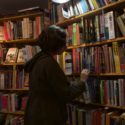
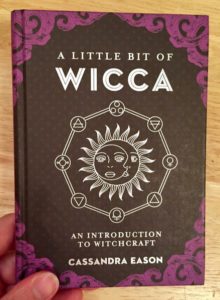
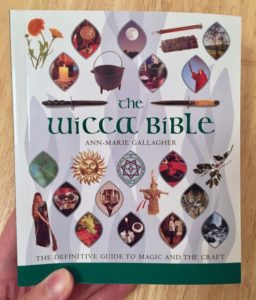
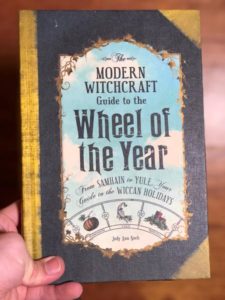
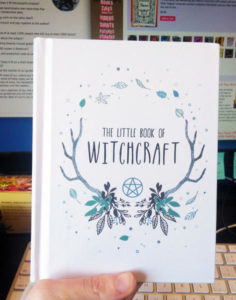
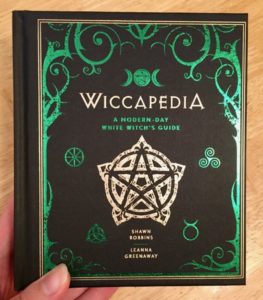
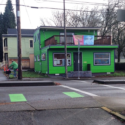
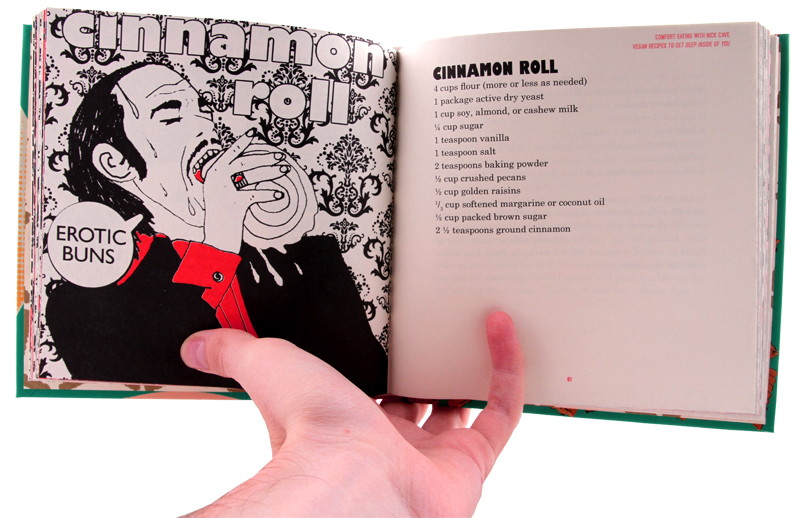
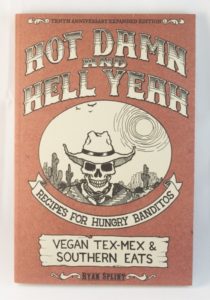
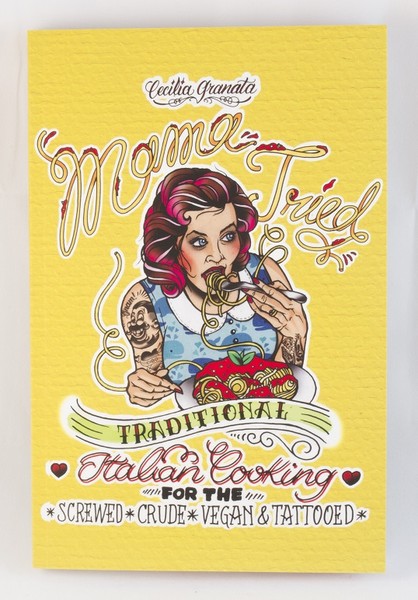
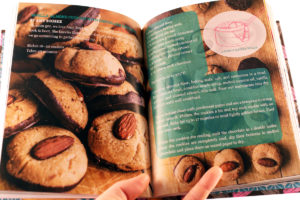
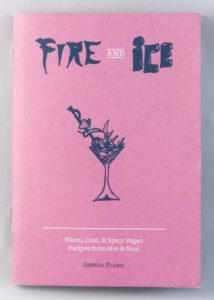 By Joshua Ploeg.
By Joshua Ploeg.